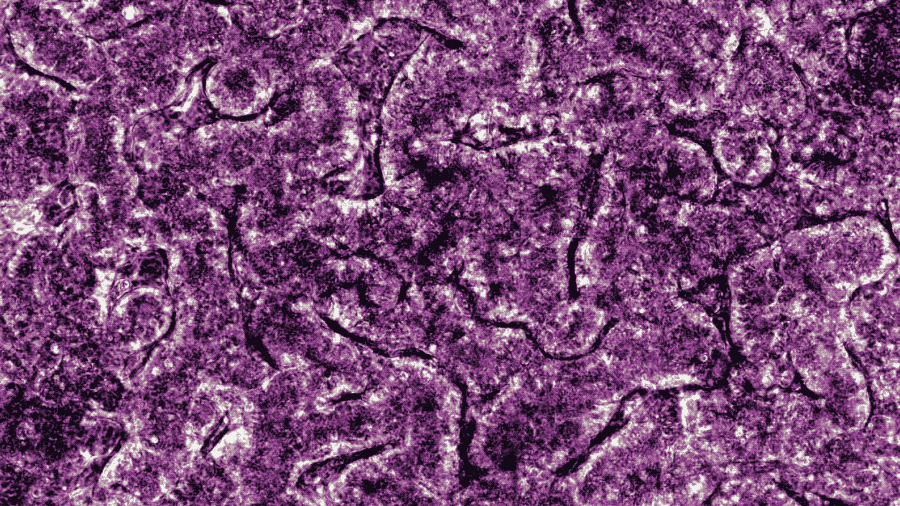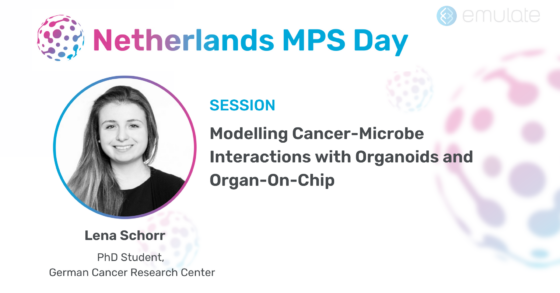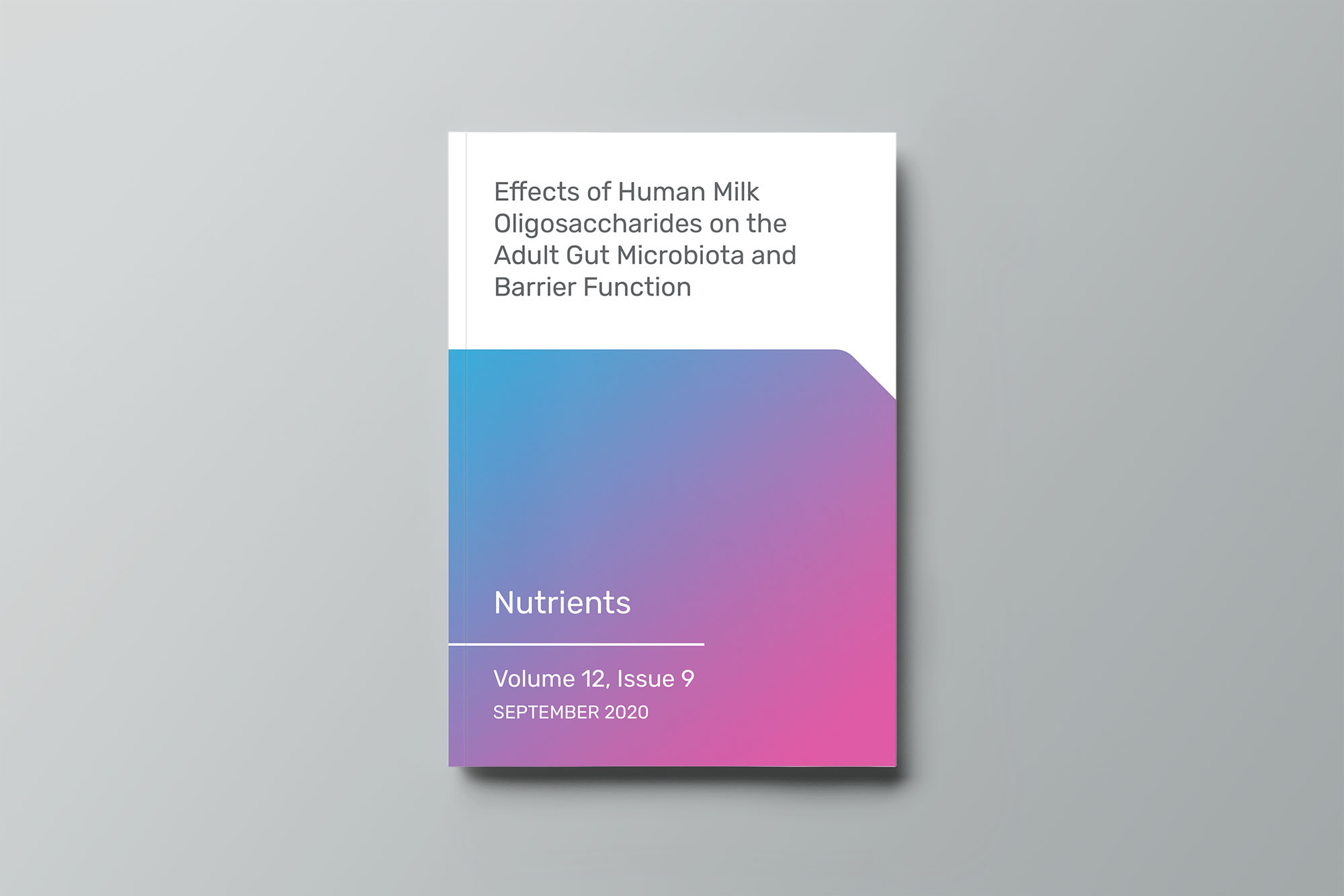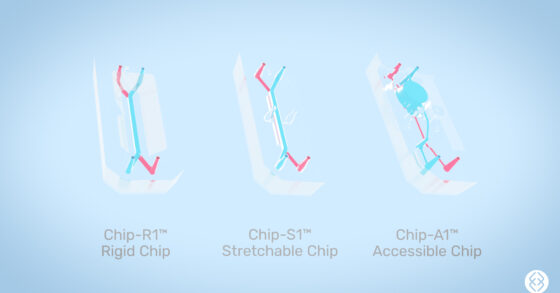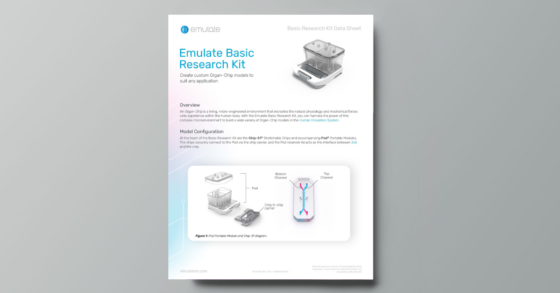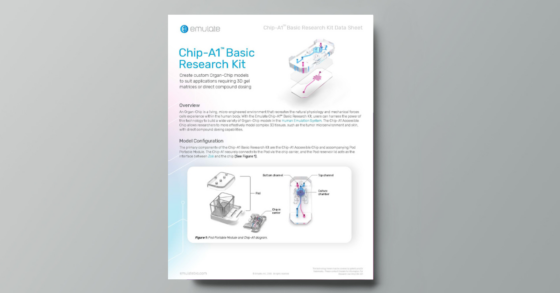Organ-Chip Application
Microbiome Research & Drug Development
Gain a deeper understanding of human host-microbiome interactions
YOUR CHALLENGE
The role of the microbiome in human health and disease remains poorly understood
The human gut microbiome is integral to immune system regulation, inflammatory bowel disease, cancer, and neuropsychiatric disorders. It also influences drug absorption and metabolism. As such, it is critically important to understand gut microbiome biology and function. Unfortunately, no established in vitro model exists that can co-culture gut commensal microorganisms in direct contact with intestinal epithelium. On top of this, differences in animal models’ intestinal physiology and microbiome composition often limit their human relevance.
How we can help
Explore the human microbiome with Organ-on-a-Chip technology
With Organ-Chips, researchers can culture human intestinal cells in direct contact with human gut microbiota. Organ-Chips’ dynamic microenvironment has been shown to support a stable microbial co-culture, overcoming the challenge of bacterial overgrowth that often occurs within hours in conventional in vitro models. Organ-on-a-Chip technology could serve as a discovery platform for understanding the microbiome’s role in healthy and diseased physiology and accelerating the development of microbiome-related therapies, probiotics, and nutraceuticals.
Microbiome
Investigate clinically relevant human host-microbiome interactions at the cellular and molecular level
Because of the challenges in modeling the microbiome in vitro, most of what we know about human-microbiome interactions is based on correlational studies between disease state and bacterial DNA. The Emulate Colon Intestine-Chip enables researchers to co-culture a complex human microbiome in direct contact with primary intestinal epithelium over multiple days. Researchers can investigate the microbiome’s role in barrier function, explore the impact of shear forces and peristaltic-like cyclic stretch, and study the effects of drugs on the intestinal microenvironment.
How Organ-Chips are being used
In research published in Nature Biomedical Engineering, the Wyss Institute used Organ-on-a-Chip technology to culture a stable, complex human microbiome for at least five days in anaerobic conditions.
By developing a proof-of-concept method for controlling oxygen levels, the team successfully provided appropriate oxygenation to the endothelial and epithelial cells while maintaining hypoxic conditions in the channel inhabited by the commensal bacteria. These low oxygen conditions are critical for the survival of anaerobic bacteria commonly found in the intestine.
Over 200 distinct groups of bacteria were sustained in culture over several days, maintaining the richness of microbial diversity found in the human intestine. Importantly, the complex microbiome enhanced the barrier function of the intestinal epithelium. By enabling direct access to the microbiome and intestinal tissue, Organ-Chips open the door for discovering specific microbes or their metabolites that cause disease or that might help prevent these conditions.
